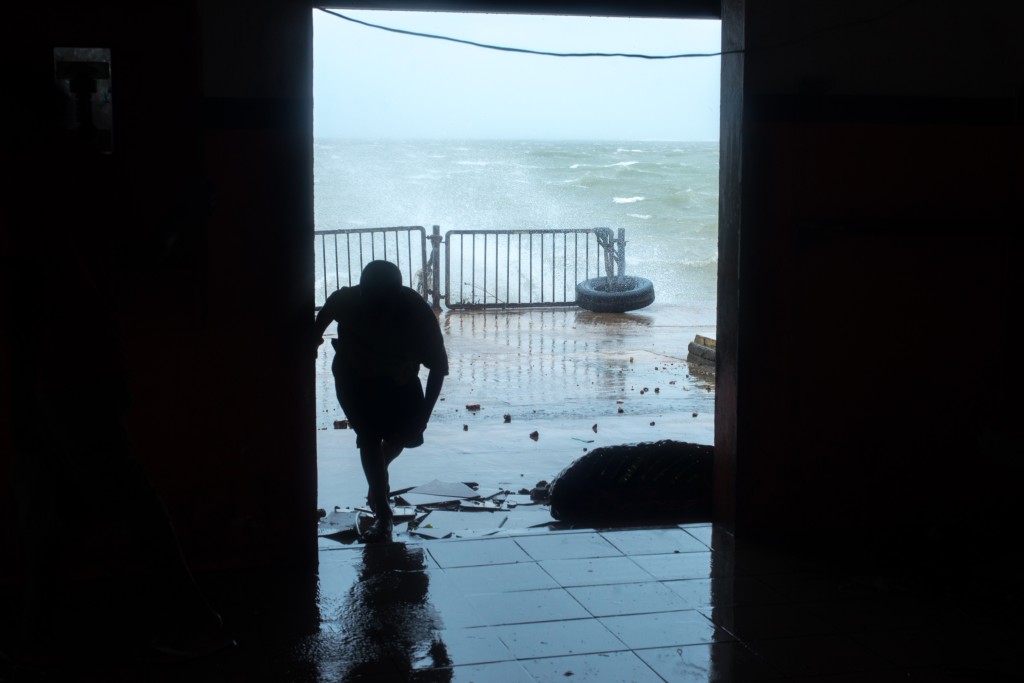
I remember the shell-shocked feeling that first morning, the packs of young men wandering nervously through the town, the anxious, almost giddy feeling as we tried to understand what it was we’d just gone through.

I remember the smiles in the wreckage. The incredible hospitality that people showed to us as we took their photo and tried to convey to the outside world just how desperate things were. A man with no house remaining, still welcoming us like a lord in his manor. A grandmother who’d walked 10 kilometres with her brood, smiling proudly even though she didn’t know yet whether she still had a home to go to.
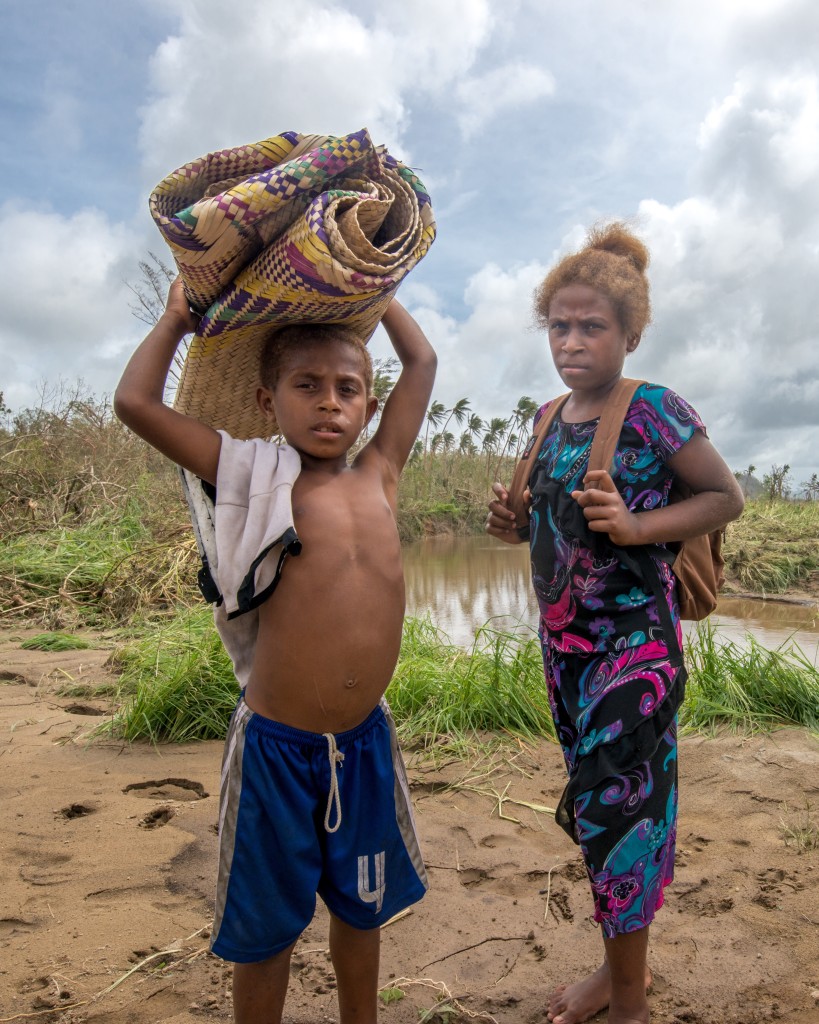
I remember the uncertainty in the eyes of the children. Their world had changed, quite literally overnight. They had no context for the shock they’d just undergone, no experience to compare this with. Lord willing, they will never see anything comparable again. I remember how they soldiered on without a word of complaint.
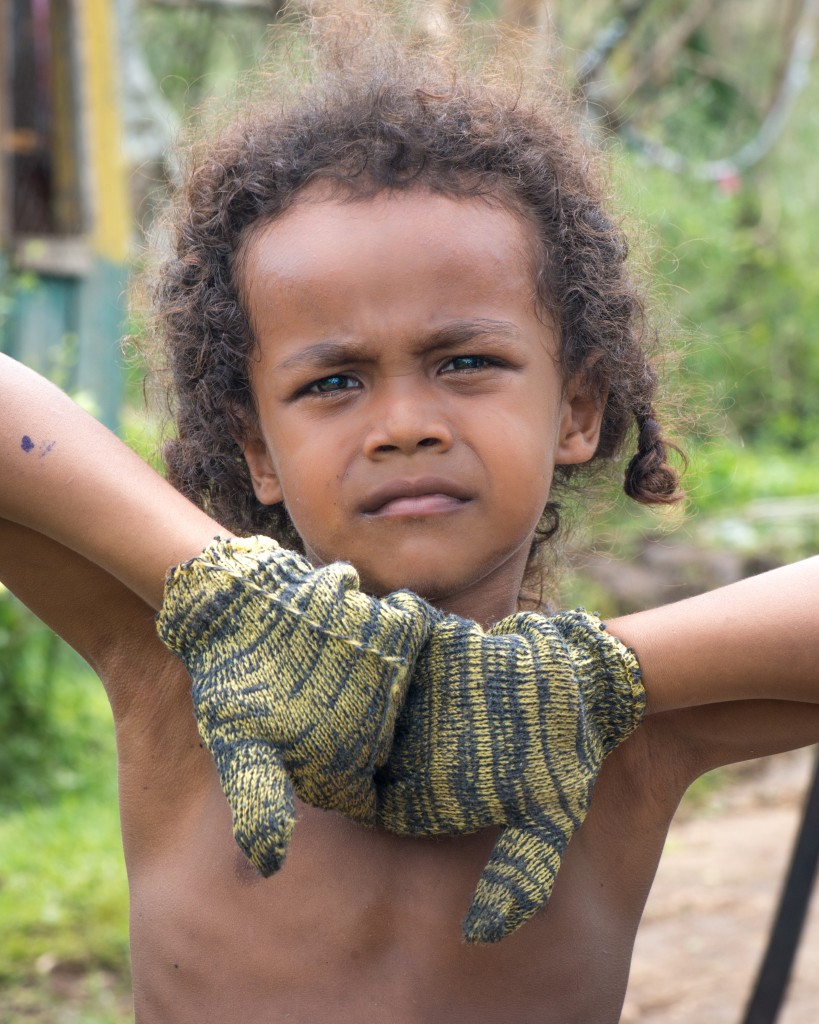
I remember a small boy up in Malapoa waetwud. He’d donned a spare pair of work gloves, and was doing his best to help the men dig out from devastation.
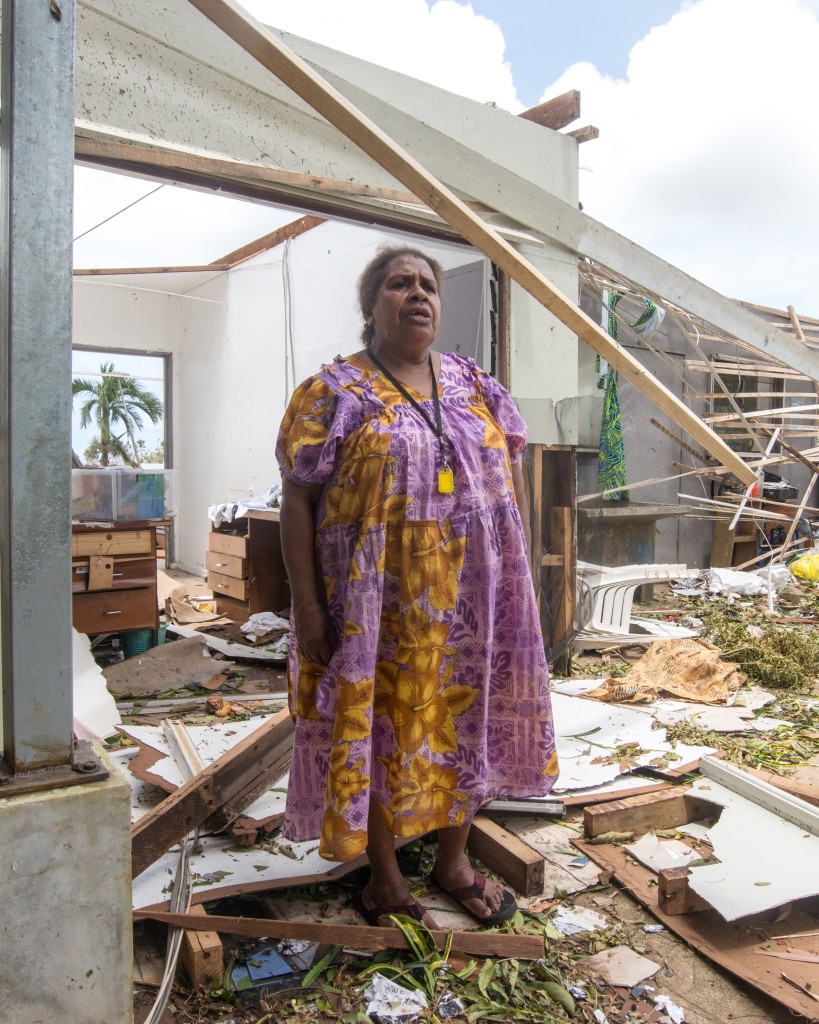
I remember a board member of the Vanuatu Society for Disabled People, standing in the wreckage of their office, tears streaming down her face. But still unbent, defiant.
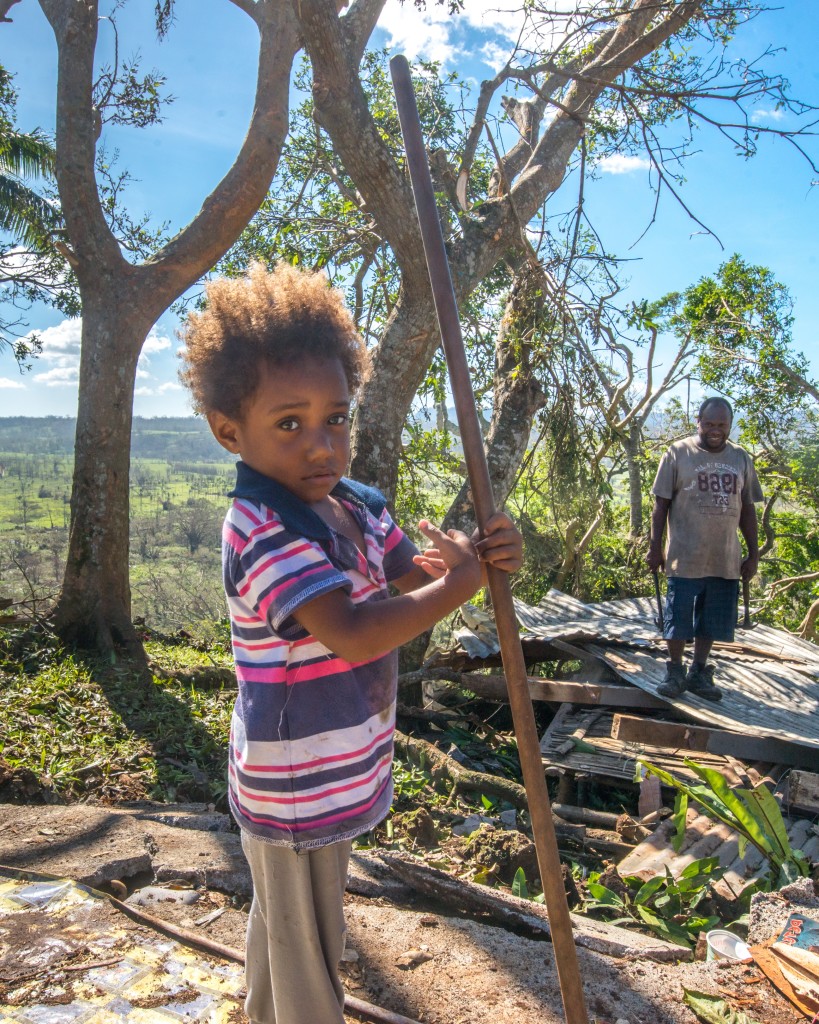
I remember three year-old Rachel. Holding a rake in her hands, defiantly standing on the bare foundation of her home, which had been washed clean when a municipal water tank broke and inundated her small community, destroying seven households.
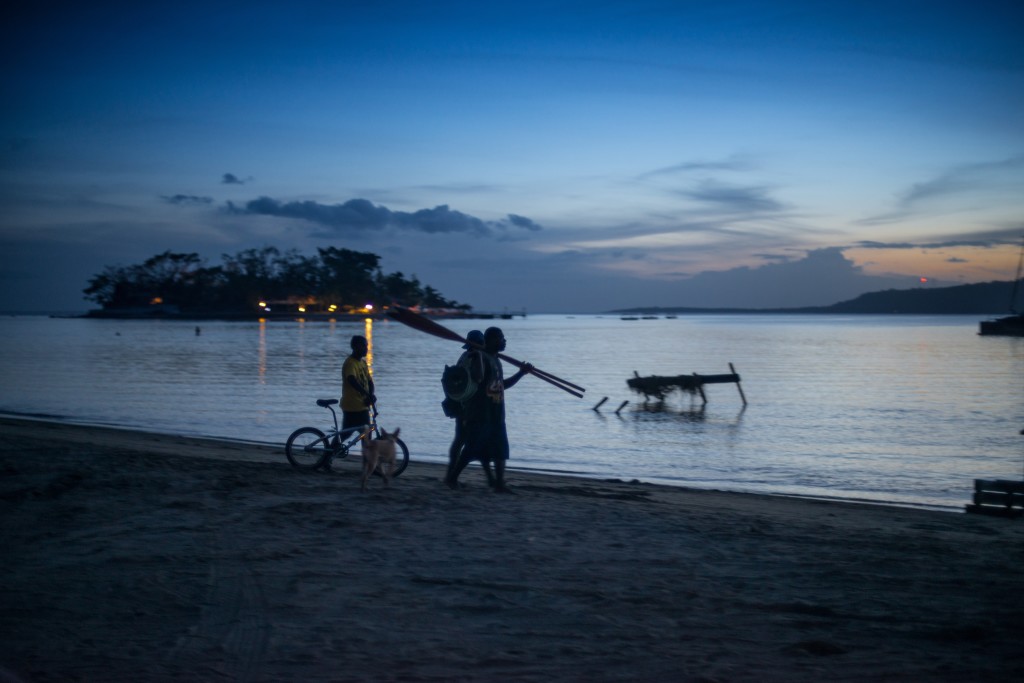
But most of all, I remember the sound of children playing amid the devastation, the normal sounds and rhythms of life, the sonorous ‘storian’ in the shade of the broken banyan tree. The laughter. The warmth of living.
